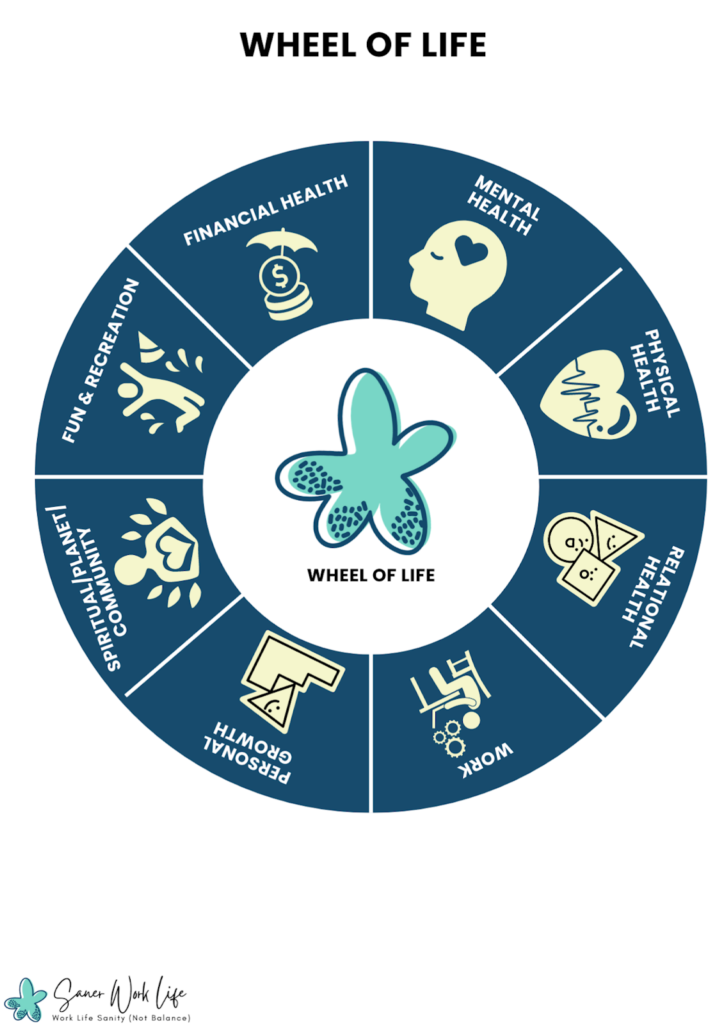Sheena Iyengar, the bestselling author of 'The Art of Choosing' and widely renowned as the expert on choice, once conducted a fascinating experiment. She set up a jam-tasting booth at an upscale grocery store with two different displays on alternating days.
On one day, she offered 24 varieties of jam for tasting. On another day, she offered just 6 varieties. The results were striking: while the larger display attracted more people (60% vs 40%), the smaller display led to significantly more purchases (30% vs 3%).
This phenomenon, known as choice overload, reveals something profound about human psychology: too many options can actually paralyze us rather than empower us.
When it comes to choosing a life coach in India, many adults find themselves in a similar predicament. The coaching industry has exploded in recent years, with thousands of practitioners offering their services. While this abundance of choice should theoretically be good news, it often leaves potential clients feeling overwhelmed and unsure about how to proceed.
What do you want from the life coach?
Before you even begin looking for a life coach, the most important step is understanding what you hope to achieve through coaching. This self-reflection will serve as your north star throughout the selection process.
Understanding Your Needs Through the Wheel of Life
One effective way to identify areas where you might benefit from coaching is through the Wheel of Life assessment. This tool helps you evaluate different aspects of your life on a scale of 1-10:

- Career & Professional Growth - Are you satisfied with your current role and trajectory?
- Relationships & Family - How fulfilling are your personal connections?
- Health & Wellness - Are you taking care of your physical and mental wellbeing?
- Personal Development - Are you growing and learning as a person?
- Financial Security - Do you feel confident about your financial future?
- Recreation & Fun - Are you making time for joy and relaxation?
- Spirituality & Purpose - Do you feel connected to something larger than yourself?
- Living Environment - Are you comfortable in your physical surroundings?
The areas where you score lowest are typically the ones that would benefit most from coaching attention.
Different Types of Coaching Support
Understanding the type of support you need is crucial because not all coaches offer the same approach:
Goal-Setting and Achievement Coaching: If you know what you want but struggle with planning, accountability, or execution, you need a coach who excels at breaking down big goals into manageable steps and keeping you on track.
Exploratory and Discovery Coaching: If you feel stuck or unclear about what you want from life, you need a coach skilled in helping clients explore their values, interests, and motivations to gain clarity on their direction.
Transition and Change Management: If you're facing a major life or career transition, you need a coach experienced in helping people navigate uncertainty and adapt to new circumstances.
Performance and Skill Enhancement: If you want to improve in specific areas like leadership, communication, or time management, you need a coach with expertise in these domains.
How to find a life coach?
Once you're clear on what you're looking for, you can begin your search through several channels:
Word of Mouth
Personal recommendations from friends, family, or colleagues who have worked with a life coach can be invaluable. These referrals come with built-in trust and often detailed insights about the coach's style, effectiveness, and personality.
Don't hesitate to ask specific questions: What was their coaching style like? How did they help you achieve your goals? What did you like or dislike about the experience? Would you work with them again?
Coaching Platforms and Directories
Several online platforms specialize in connecting clients with certified coaches:
- International Coach Federation (ICF) Directory: The ICF is the gold standard for coaching certification. Their directory allows you to search for certified coaches by location, specialization, and language.
- Coach.me: A platform that combines coaching with habit tracking and goal management tools.
- BetterUp: A corporate coaching platform that also serves individual clients.
- Noomii: A coaching directory that includes detailed profiles and client reviews.
Search Engines and Social Media
A simple Google search for "life coach near me" or "life coach in [your city]" can yield numerous results. When researching coaches online, look for:
- Professional website with clear information about their approach and credentials
- Client testimonials and success stories
- Regular blog posts or content that demonstrates their expertise
- Professional social media presence with valuable insights and client interactions
LinkedIn is particularly useful for finding coaches, as you can see their professional background, recommendations, and network connections.
How to assess fitment with a life coach?
Finding potential coaches is only the beginning. The crucial step is determining whether there's a good fit between you and the coach.
The Chemistry Session
Most reputable coaches offer a complimentary consultation or "chemistry session." This typically lasts 15-30 minutes and serves a dual purpose: it allows you to get a feel for the coach's style and approach, while giving them an opportunity to understand your needs and determine if they're the right fit.
During this session, pay attention to:
- Communication Style: Do they listen actively? Do they ask thoughtful questions? Do you feel heard and understood?
- Expertise Alignment: Do they have experience with challenges similar to yours? Can they provide relevant examples or frameworks?
- Personality Fit: Do you feel comfortable with their energy and approach? Trust your gut feeling about whether you'd enjoy working with this person.
- Professionalism: Are they punctual, prepared, and clear about their process and expectations?
Testimonials and Reviews
While testimonials on a coach's website are helpful, they're naturally curated to show the best results. For a more balanced perspective, look for:
- Reviews on independent platforms like Google Reviews or LinkedIn recommendations
- Case studies that show specific, measurable results
- References from former clients (which any reputable coach should be willing to provide upon request)
Understanding Their Background and Philosophy
A coach's background can provide valuable insights into their approach and effectiveness:
- Training and Certification: Are they certified by a recognized body like the ICF? What specific training programs have they completed?
- Professional Experience: What was their career before coaching? This can indicate their areas of strength and industry knowledge.
- Coaching Philosophy: What approach do they take? Are they more directive or exploratory? Do they focus on mindset, behavior, or both?
- Specializations: Do they specialize in certain areas like executive coaching, career transitions, or relationship coaching?
Making Your Decision
After conducting your research and chemistry sessions, trust your instincts while also considering the practical factors:
- Expertise Match: Does their experience align with your needs?
- Communication Compatibility: Do you feel comfortable and energized during conversations with them?
- Logistics: Are they available when you need them? Do they offer the format you prefer (in-person, video calls, phone)?
- Investment: Does their fee structure fit within your budget? Remember, coaching is an investment in yourself.
Starting Your Coaching Journey
Once you've chosen a coach, consider starting with a shorter-term engagement (perhaps 3-6 sessions) to assess how well you work together before committing to a longer program. This approach allows both you and the coach to evaluate the partnership and make adjustments as needed.
Remember, finding the right life coach is like finding the right therapist, mentor, or even romantic partner – it's deeply personal, and what works for others may not work for you. The key is being clear about your needs, doing your research, and trusting your instincts.
The coaching relationship is a collaborative partnership. The right coach will not only have the skills and experience to support your journey but will also inspire confidence, provide accountability, and challenge you to grow in ways you might not have imagined possible.
Your investment in finding the right coach is an investment in your future self. Take the time to choose wisely, and you'll set yourself up for a transformative experience that can positively impact every area of your life.
Ready to create the life you've always envisioned?
Book a free discovery call and start your journey with personalized coaching.


